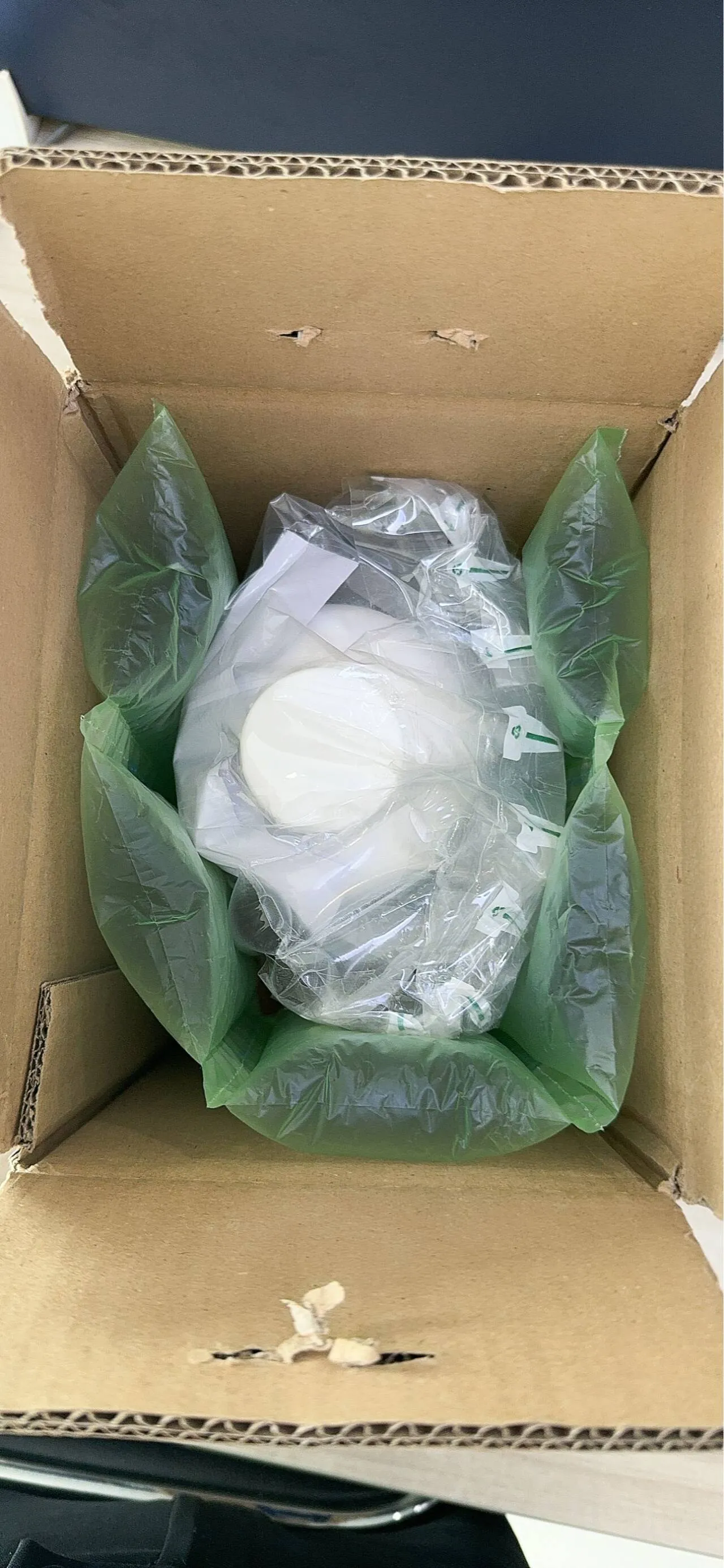

Expert application of these chemicals requires an understanding of the tower's operational parameters, water quality, and specific process requirements. Recent advancements in chemical formulations and delivery systems are making these processes more efficient and tailored to individual system needs. Smart controllers and real-time monitoring systems now integrate with chemical treatments, offering precise dosing and immediate alerts to changes in water chemistry, which optimizes chemical use and reduces waste. The expertise required extends beyond the chemistry. It involves a comprehensive approach that includes regular system audits, the integration of chemical treatments with mechanical maintenance, and adherence to safety and environmental regulations. Collaborating with chemical treatment experts who understand the subtle nuances of these systems can significantly enhance operational outcomes. These experts, equipped with extensive field experience and up-to-date knowledge of chemical innovations, offer customized solutions that translate into economic and operational benefits for organizations. Building trust is paramount, particularly in sectors like healthcare and food manufacturing where cooling towers are integral. Ensuring that chemical treatments comply with stringent health and safety standards solidifies trust not only in the technology but also in brand reputation. Transparency in chemical compositions, environmental impact assessments, and compliance documentation are all practices that engender confidence among stakeholders. In conclusion, the strategic application of cooling tower water chemicals is a non-negotiable aspect of industrial maintenance protocols. Their role in preserving system operability, minimizing health risks, and reducing operational costs cannot be overstated. Continued advancements in chemistry and technology promise more effective, sustainable, and cost-efficient solutions, underscoring the necessity to invest in expert-driven, environmentally responsible approaches to cooling tower maintenance.

